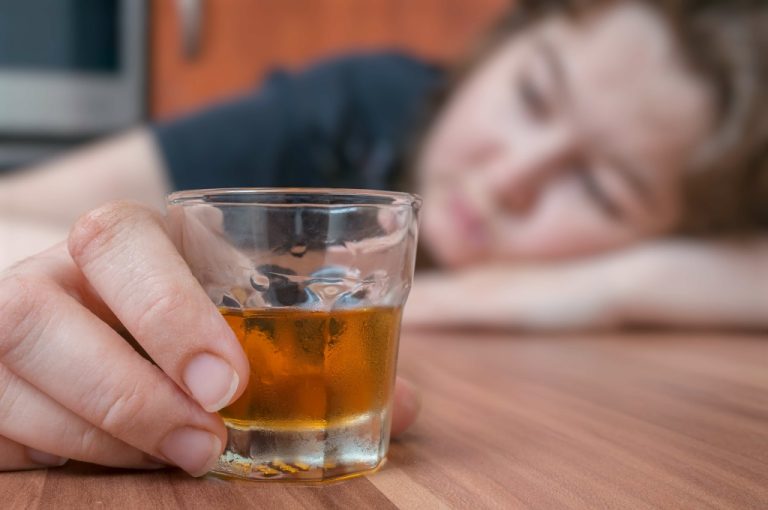If you have alcohol intolerance, your digestive system doesn’t process alcohol properly. You might also react to certain alcoholic beverages if you have a histamine or sulfites intolerance. In very rare cases, reactions to alcohol may be a sign of Hodgkin’s lymphoma. Alcohol intolerance is most often due to genetic conditions and sensitivity to histamine and sulfites in alcoholic beverages. If you have any severe or painful symptoms after drinking alcohol, don’t just brush it off as alcohol intolerance. These side effects could be caused by a serious allergy and warrant a visit with your doctor to address your symptoms.
People with an alcohol allergy should exercise caution when eating or drinking anything that they have not prepared themselves. Although alcohol intolerance usually isn’t a serious issue as long as you don’t drink alcohol, you might want to discuss it with your doctor at your next appointment. Here’s some information to help you get ready for your appointment. Depending on the allergy severity, a person may treat symptoms with over-the-counter medications, such as oral antihistamines, if the reaction is mild. If a person is allergic to a particular ingredient found in some drinks, they could switch to drinks that do not contain it. Occasionally, a doctor may ask a person to consume alcohol in a medical setting and observe any reactions or symptoms.
Behavioral Treatment
Nonallergic rhinitis involves sneezing or a stuffy, drippy nose. It can be a long-term problem, and it has no clear cause. The symptoms are like those of hay fever, also called allergic rhinitis. Spirits such as vodka and gin can also cause sneezing due to the presence of histamines. In addition, some people find that the alcohol in these drinks irritates their nose, leading to sneezing. People with alcohol intolerance may notice one or more of these symptoms after taking a few sips of alcohol.
It is best for people who have gluten intolerance to avoid beer, unless it is gluten-free. Instead, they state that the data indicate that alcohol interacts https://en.forexdata.info/50-substance-abuse-group-therapy-activities-for/ with a component involving the body’s allergic response. Genuine alcohol allergies, in which people only react to the alcohol, are much less frequent.
Symptoms
A true allergic reaction happens when your immune system goes into overdrive to attack something it sees as a threat. Allergic reactions can cause hives, facial swelling, nausea, and vomiting. They can also lead to life-threatening reactions like anaphylaxis. The other side of the study investigated whether or not consuming food or water directly after drinking helped to protect against a hangover.
It’s also found in many foods and beverages, especially fermented products. For example, aged cheese, smoked meats, sauerkraut, wine, and beer tend to be high in histamines. If you have this variant, it causes your body to produce less active ALDH2.
Drugs & Supplements
An alcohol allergy occurs when the immune system overreacts to alcohol entering the body. White wine tends to contain higher levels of sulfites than red wine and beer. Normally your body produces an enzyme called diamine oxidase (DAO) to break histamine down.

ALDH turns aldehyde into acetic acid, a nontoxic substance that doesn’t cause any harm. A total of 449 of the students (54.4%) reported eating or drinking water after consuming alcohol. Research suggests Recovery Gift Guide, Sober Gift Guide that if a person does not experience a hangover, they may be more likely to continue drinking. According to the researchers, 25-30% drinkers regularly claim that they do not experience hangovers.